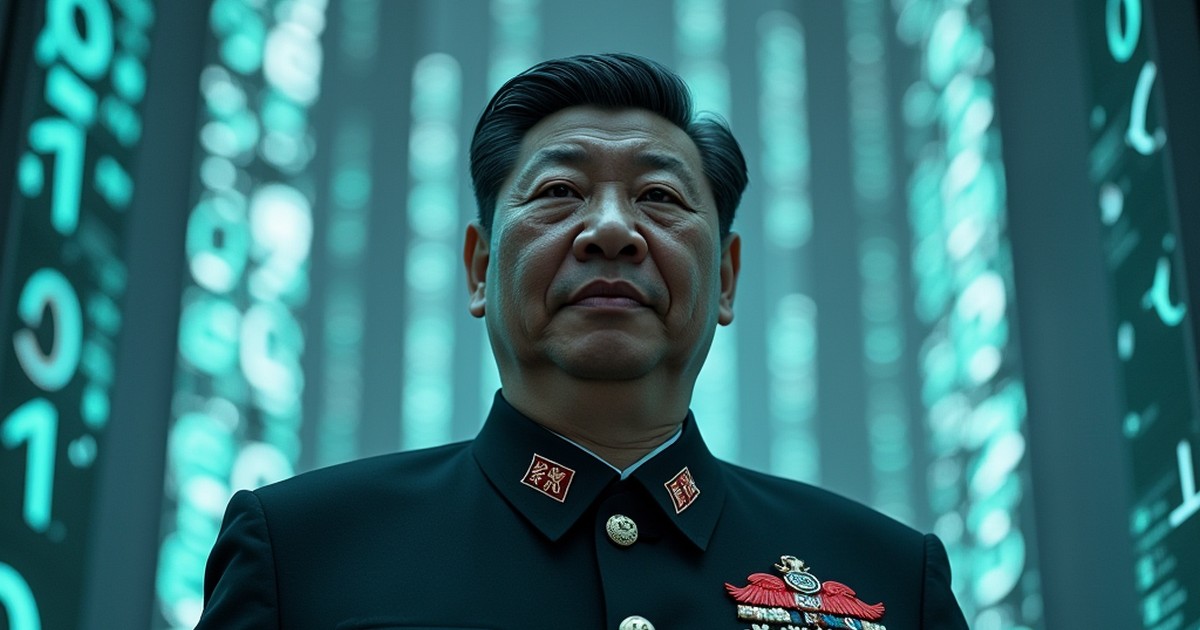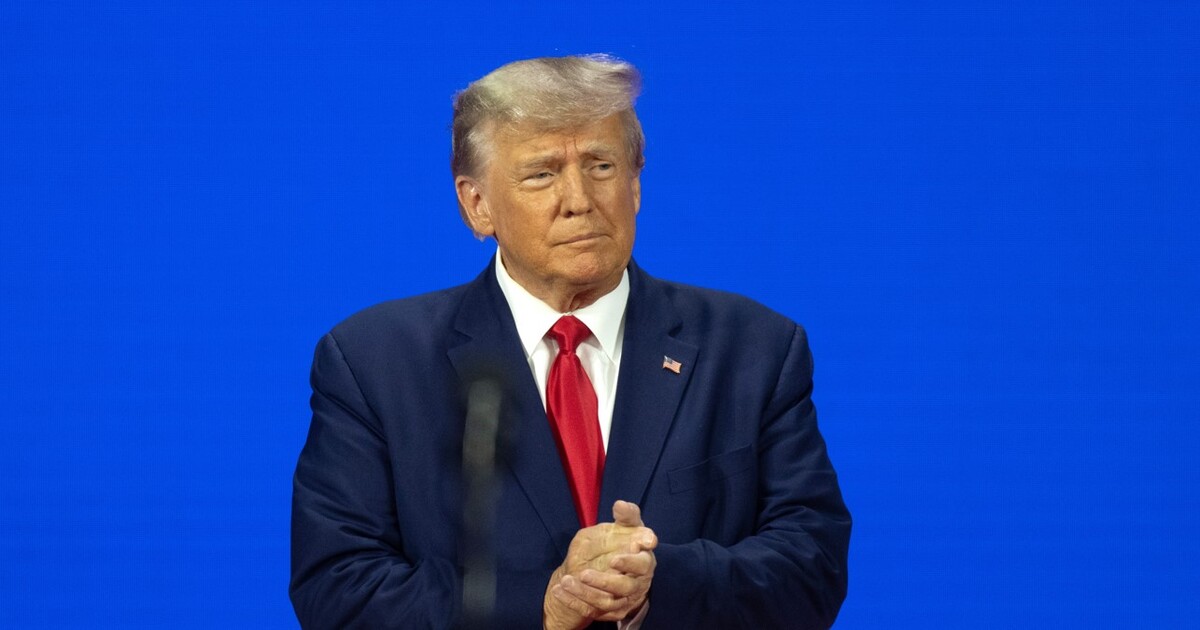China’s Turn to Fascist Rule
Under Xi Jinping, China meets all four hallmarks of what constitutes fascism – cult-like worship, hyper-nationalism, a merciless surveillance apparatus and the glorification of military strength.
December 6, 2024

A Strategic Assessment Memo (SAM) from the Global Ideas Center
You may quote from this text, provided you mention the name of the author and reference it as a new Strategic Assessment Memo (SAM) published by the Global Ideas Center in Berlin on The Globalist.
China is ramping up domestic repression to a degree that transcends the typical bounds of authoritarianism. This isn’t mere autocracy – its regime increasingly resembles fascism.
I use the term cautiously, aware of its historical weight, but the hallmarks are too striking to ignore.
First hallmark: Cult-like worship of Xi Jinping
The first hallmark is the cult-like worship of Xi Jinping. State propaganda portrays Xi as the culmination of a holy trinity in Chinese history.
Under Mao Zedong, China “stood up.” Under Deng Xiaoping, China “got rich.” And under Xi, China will “become mighty again.”
In contrast, two recent presidents, Hu Jintao and Jiang Zemin, are conspicuously omitted from this narrative, not because they lacked achievements, but because their reformist paths conflict with Xi’s centralizing vision.
By consolidating power to a degree unseen since Mao, Xi has made himself indispensable to China’s national identity.
Second hallmark: Hyper-nationalism
The second hallmark is hyper-nationalism. This isn’t the mere pride of a nation asserting itself on the global stage.
Rather, it’s a narrative of revenge – a promise to rectify the humiliations inflicted by foreign powers during China’s so-called “century of humiliation.”
This promise of restoring a mythical golden age permeates everything from textbooks to state media. It underpins Xi’s rhetoric and justifies his policies.
Ethnic minorities as a “cancer”?
Ethnic minorities have borne the brunt of this ideological shift. The Chinese Communist Party increasingly describes Uyghurs and other groups as existential threats – a “cancer” that must be excised to protect the integrity of the Chinese state.
This dehumanizing rhetoric has paved the way for the brutal measures the world has witnessed: Mass internment in “re-education” camps, the erasure of cultural heritage and the destruction of entire communities.
Third hallmark: China’s Orwellian surveillance apparatus
Layered on top of this is China’s Orwellian surveillance apparatus. Using AI, big data and an expansive network of cameras, the government monitors its population with chilling precision.
Social credit systems and travel restrictions discipline citizens for even minor transgressions.
For more serious offenses, the state employs outright violence.
This system ensures that dissent is not just suppressed – it is anticipated and pre-empted.
Fourth hallmark: Glorification of military strength
Finally, there is the glorification of military strength. This goes beyond grandiose parades and goose-stepping soldiers.
Under Xi’s doctrine of civil-military fusion, every aspect of Chinese society – from corporations to universities – can be harnessed to serve the state’s geopolitical ambitions.
The lines between civilian and military life are intentionally blurred, reinforcing the idea that every Chinese citizen and institution must contribute to the national cause.
Conclusion
China’s shift toward fascist rule is not an abstract threat. It has profound implications for the global order.
As Xi Jinping doubles down on repression, nationalism and militarization, the world faces a China that is increasingly hostile to dissent at home and abroad.
The question is not just how China will wield its growing power, but how the rest of the world will respond to a nation determined to reshape the rules of the international system.
Recognizing the true nature of Xi’s regime is the first step in crafting a strategy to counter its ambitions while supporting those within China who still dream of a freer future.
Takeaways
China’s shift toward fascist rule is not an abstract threat. It has profound implications for the global order.
With Xi Jinping doubling down on repression, nationalism and militarization, the world faces a China that is increasingly hostile to dissent at home and abroad.
The question is not just how China will wield its growing power, but how the rest of the world will respond to a nation that has turned to fascist rule at home in order to reshape the rules of the international system.
Recognizing the true nature of Xi’s regime is the first step in crafting a strategy to counter its ambitions while supporting those within China who still dream of a freer future.
A Strategic Assessment Memo (SAM) from the Global Ideas Center
You may quote from this text, provided you mention the name of the author and reference it as a new Strategic Assessment Memo (SAM) published by the Global Ideas Center in Berlin on The Globalist.


